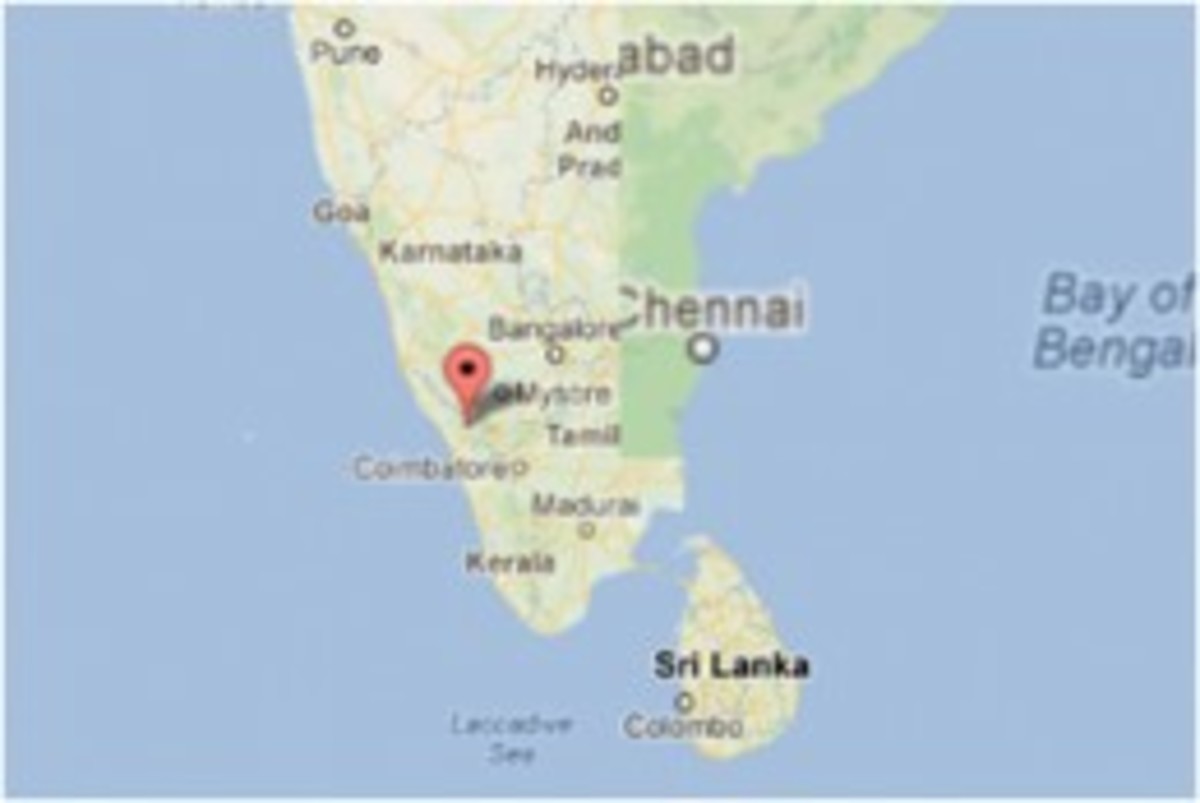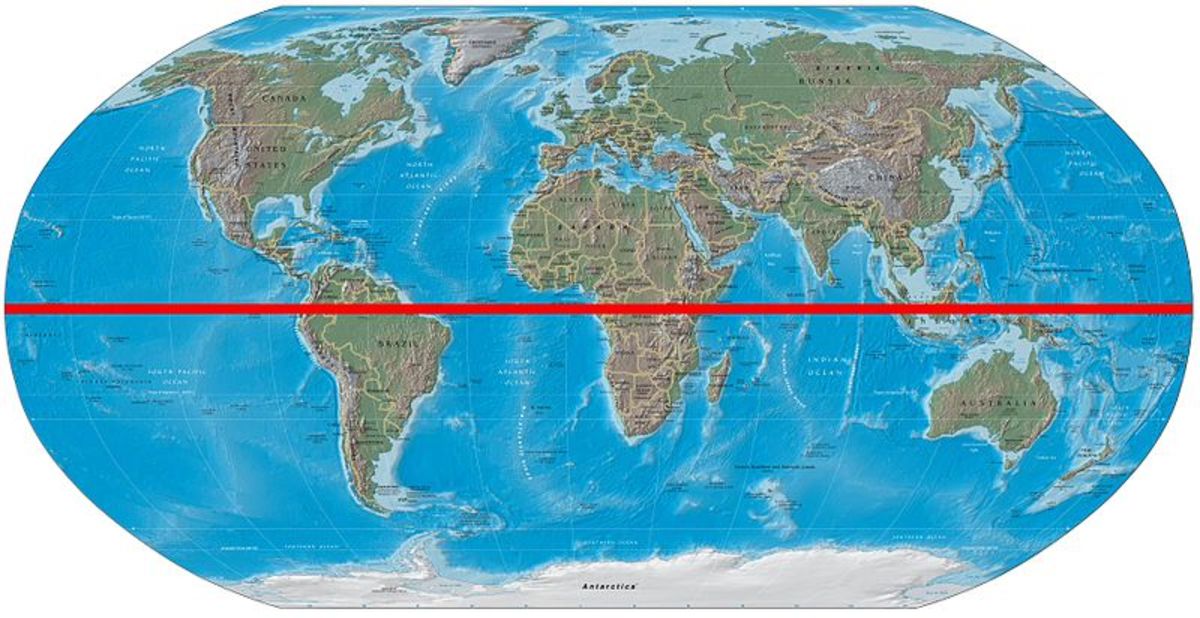Jet Lag Resource Guide
What Is Jet Lag?
For Americans, long-haul flights to Europe or Asia, or even across the continental United States, can lead to the wonderful feeling of jet lag on the human body. What is jet lag? This type of excessive tiredness is caused when the circadian rhythms of the human body are thrown out of balance because of the rapid change in time zones. The concept is the same as daylight savings time. Just about everyone comes into work tired the day after going on daylight savings time because of the "lost" hour of sleep and the new wake-up time.
Jet lag is like daylight savings time, only on steroids. Rather than having the body's clock off by just one hour, people who travel long distances can be off by as much as 12 hours. From the East Cost of the United States, continental Europe is seven hours ahead, while Hawaii is seven hours behind. While people may have trouble going in both directions, it seems that traveling West causes more problems.

How to Cope with Jet Lag
The best strategy for dealing with jet lag is trying to get adjusted to the new time zone as quickly as possible, especially for those who have trouble sleeping on an airplane. The most tempting strategy for dealing with jet lag after a long flight is to take a long nap in the hotel bed. However, this is the worst thing that travelers can do because it does not provide what is really needed: allowing the body to adjust to the new time.
Those who want to adjust to the new time after flying across several time zones in quick succession should do what the locals are doing. For example, those who arrive in a new land after a red eye flight should act as though they've just woke up. No more than a short power nap is in order during any part of the first day. Those who arrive late in the evening should attempt to mimic their bedtime in their home local. For example, someone who goes to bed at 11 p.m. should try to wait until 11 p.m. in their vacation or business destination.
Those suffering from jet lag should also take care to maintain good hydration and a relatively full stomach. Frequent amounts of water are quite appropriate, especially considering that the dry environment of airplanes tend toward dehydration. Also, one important part of getting used to a new time zone is eating when the locals eat. Even though you may have just landed in London after a flight from Chicago at what seems to be 3 a.m., it is important to remember that the local time is actually mid-morning. Therefore, a full breakfast is in order if the airline did not offer it just before landing.
Further Recommendations for Dealing with Jet Lag
Getting on the same schedule is important, but there are some other recommendations that are frequently given when trying to help people deal with jet lag. Sleep deprivation and an out-of-whack circadian rhythm are the main problems. Therefore, some doctors recommend that travelers wear sunglasses and keep their window shades down in the airplane when they would normally be sleeping to keep from tricking the body into thinking it should be awake because of the sunlight.
Still other doctors recommend a sleep aid. Antihistamines such as Benadryl can make many people sleepy, so these are some of the more common suggestions among doctors. One of the more interesting recommendations is the use of acupuncture before traveling to lessen the affects of jet lag.
There is one thing to remember, however. Regardless of how quickly a person gets adjusted to their new surroundings and the local time, he or she will probably be returning home within a week or two and the terrible cycle will start over again. It's best to keep this in the back of the mind when adjusting to jet lag.






